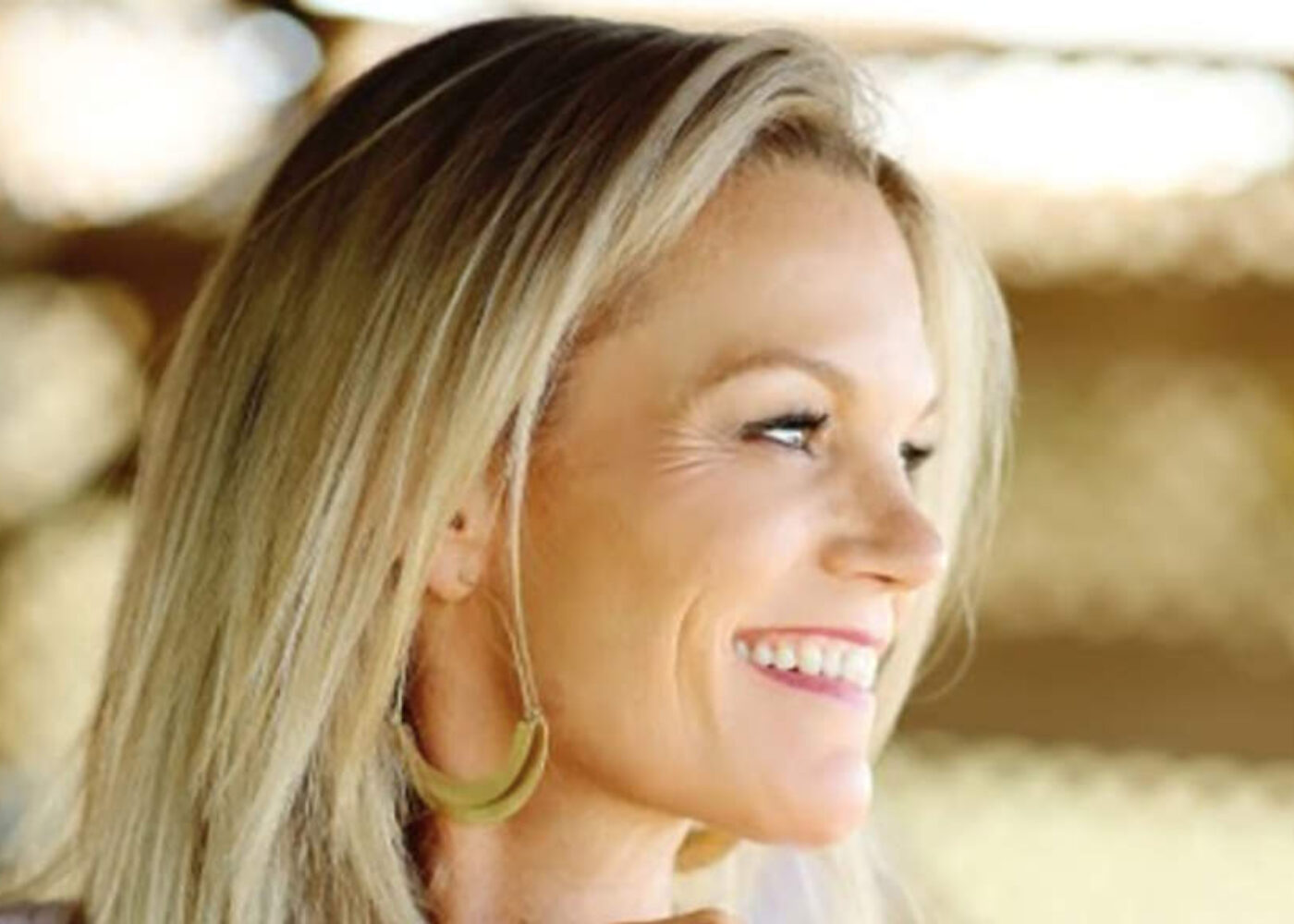Robyn O’Brien Interview: Following the ‘North Star’ in food systems transformation

As the environmental and business landscapes continue to evolve, there’s a common thread: Systems thinking has never been more critical to solving the pressing issues of our time. And few challenges are more urgent than food system transformation.
To explore the intersection of food, finance and women’s leadership, I recently sat down with Robyn O’Brien, co-founder of rePlant Capital and a former financial and food industry analyst. Following is an excerpt from our discussion on courageous leadership, systems thinking and following the North Star in the journey toward the future of food.
Carrie Norton: What have you learned over the last decade that you’re taking with you into this next decade?
Robyn O’Brien: This month, I spent a fair amount of time reflecting on the last decade because It was 10 years ago that my book, “The Unhealthy Truth,” was published. I think one of the most important lessons I have learned is that courage is contagious — and one of the bravest things we can do is to own our own story.
I have this strange combination in my background: attending business school on a full scholarship to Rice University, going into investments on a team that managed $20 billion in assets, being a mother of four, launching a hedge fund. That doesn’t fit into anybody’s “box.” It made a lot of people uncomfortable, and I had to confront that discomfort. Through the process, I realized that discomfort is really just growth.
Our food system has a systemic, structural problem. In every problem, there is an enormous opportunity to create really smart systems that address the challenges we’re seeing. And to me, that’s inspiring. That’s my focus moving into the next decade: innovation and inspiration.
Norton: What you’re describing here is a solutions orientation.
O’Brien: Exactly. We need a lot of people around the table — farmers in particular. Our farm economy is completely upside down; there’s more than $426 billion in farmer debt. When I stand on these farms in Kansas or Nebraska or Ohio, my first thought is, what young family would want to move out here to grow our country’s food?
My second question is, what happens if they don’t? What happens if we really are hitting this shortage of farmers, this crisis in the U.S. farm economy? Additionally, farmers are hit with fires and floods and droughts. No one person or organization can solve this crisis. But if we come together as a country, we can.
Norton: As the CEO of Mars has stated, “The engine of global business — its supply chain — is broken.” I’d love to hear about your mission to finance and build the new food economy.
O’Brien: You can’t fix a broken food system with a broken financial system. I thought, if we’re really serious about this — and if 80 percent of citizens are trying something organic but only 1 percent of U.S. farmland is organic — why aren’t we tackling supply-chain issues? I realized that if I was the CEO of General Mills, even if I wanted to be putting more organic products on the shelf, the U.S. supply chain makes that incredibly difficult, and that Wall Street is measuring these companies with the same metrics as in 1985.
Click here to read the rest of this interview at Greenbiz.com.





